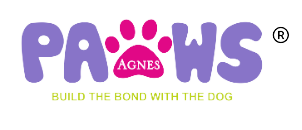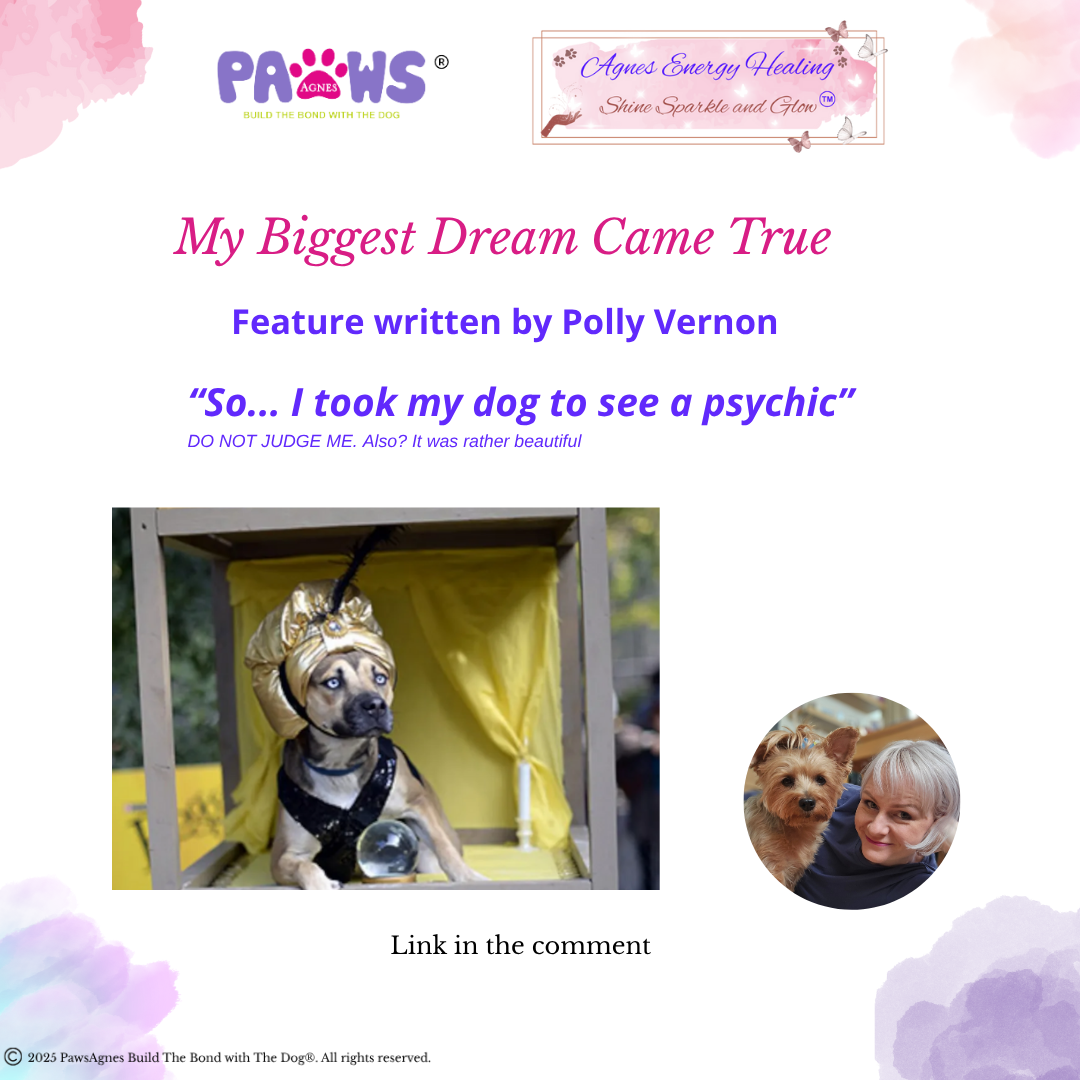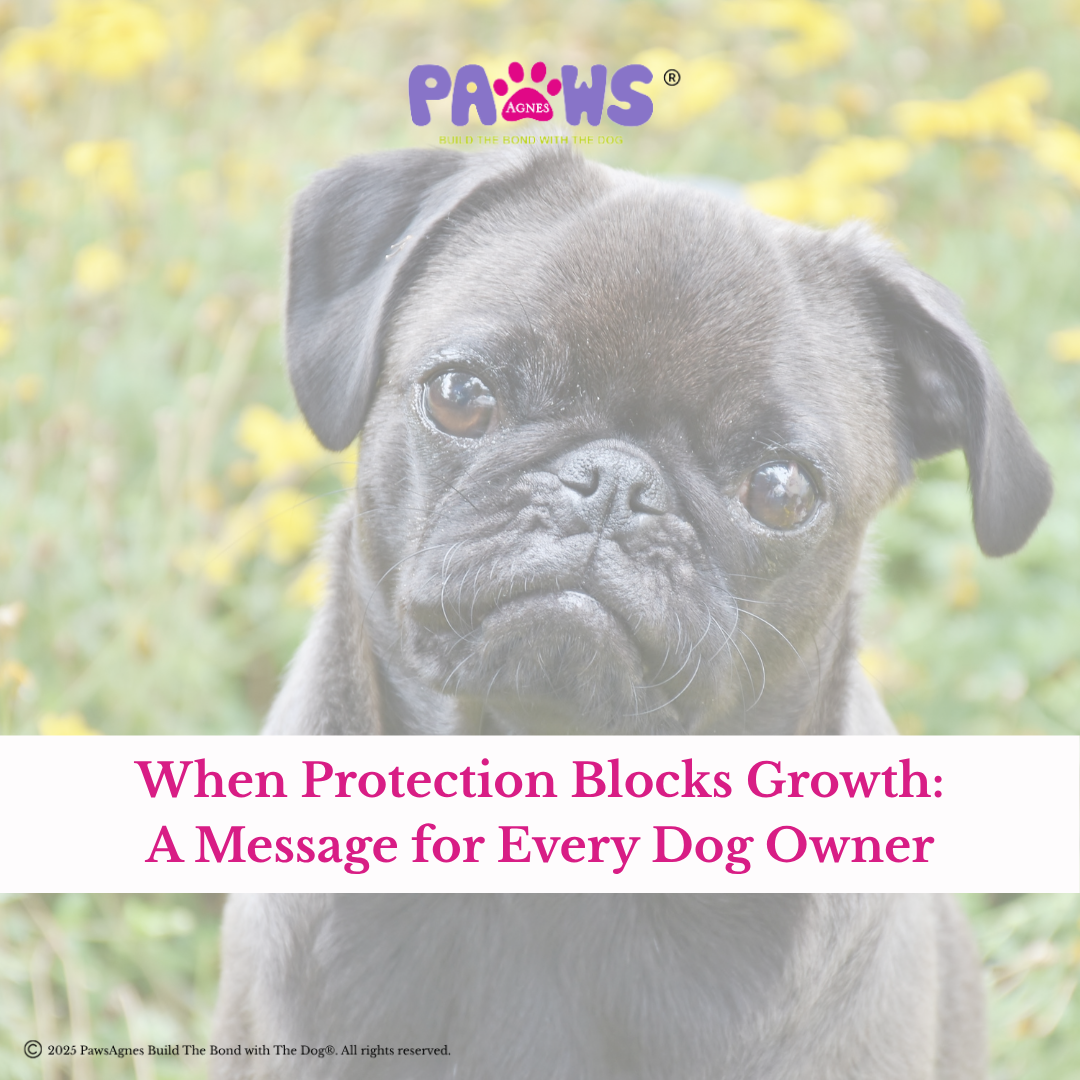"We Don't Train Dog, We train Brain!"

This is one of my absolute favourite topics to talk about with dogs owners, because once it clicks, everything changes—for the better.
So let’s talk about what training really is… and it’s probably not what you’ve been told before.
You see, when I meet new clients, I often hear things like:
- “He’s just being stubborn.”
- “She ignores me on purpose.”
- “He knows what I’m asking, he just won’t do it.”
But here’s the truth—and this applies not only to dogs, but also to children, adults EVERYONE:
We’re all working with a brain. And that brain is the key to everything.
Let me explain…
The Brain Is the Boss
Who is responsible for:
- Short-term memory
- Long-term memory
- Learning style
- Triggers memory
- Hormonal reactions
Just like us, dogs have emotional connections that live deep inside their subconscious.
So when your dog is “not listening” or acting “difficult,” what you’re really seeing is this behavior driven by emotion. Emotions come from how the brain interprets and stores experiences.
So when a dog eats the best treat ever, that amazing emotion goes to the brain as extreme excitement, and then the brain remembers it and will repeat the same behaviour to get the BEST treat.
The same is with negative experiences. If the dog is sniffing and suddenly gets scared by a bicycle noise, his memory will replay the same emotional experience each time he sees a bicycle, and then he starts barking and lunging. That behavior is driven by a fear emotion stored in his brain.
Of course, we have the amygdala and hippocampus roles but I make it simple to process and learn for you as a brain term.
But Here’s the Magic Shift...
What if we stopped blaming the dog—and started supporting the brain?
This way, we build confidence. We create safety. We help the dog’s brain learn how to make decisions, how to process your cues, and how to stay calm enough to respond based on unique personality which is driven by emotions.
Because when your dog seems distracted, stubborn, or even wild—most likely, it’s not a “bad attitude.” It’s an overloaded brain, anxious personality.
It’s a brain that can’t hear you clearly because it’s too full of:
- Sensory overload
- Emotions like fear, frustration, or excitement
- Negative past experiences
Every Brain Learns Differently
Just like people, every dog processes information in their own unique way. Some brains are fast and impulsive. Others need time and repetition. Some learn best by slower movements, and many other ideas. There’s no one-size-fits-all.
So why do we need to focus on the brain, not just the dog?
Because when we understand how our dog learns, we stop demanding obedience and start teaching with connection.
Training the Brain, Not the Dog
So next time your dog jumps, barks, bites, ignores, or shuts down, take a breath and remember:
- That’s not your dog being difficult.
- That’s your dog’s brain saying, “I’m trying, but I need your help.”
And this is where you step in—not as a boss—but as a guide for the brain.
This way, the training becomes clearer, kinder, and way more successful.
The bond deepens. The trust grows. And suddenly, your “stubborn” dog starts to shine.
You’re not just training a puppy—you’re shaping how their brain connects with the world and build a confident independent Being.
And I’m here to help you every step of the way.









